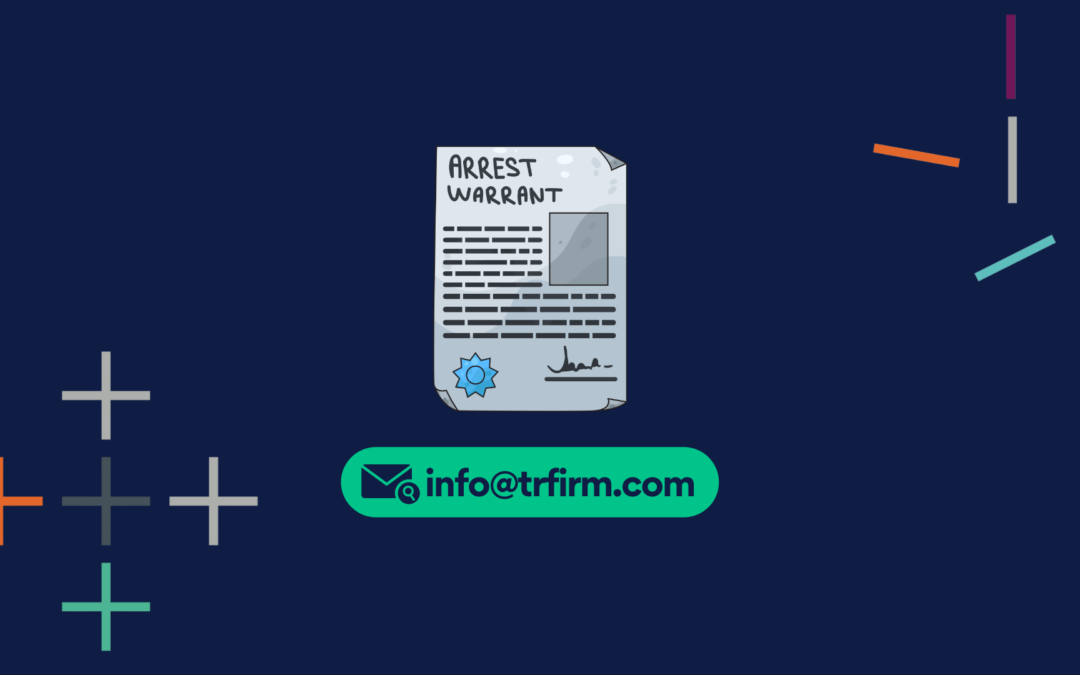জি.আর (GR Case) ও সি.আর (CR Case) মামলা কি? আইন ও বিচার ব্যবস্থা বেশ জটিল এবং সূক্ষ্ম বিষয়। অনেকের জন্য ফৌজদারি...

TRW Global Law Firm
Legal excellence across continents
Our advice is informed by decades of experience working alongside the leading industry players in energy, life sciences, technology, financial services, private capital and more.
Learn More →Through our office network and our relationships with the world's best local law firms, we support our clients wherever they do business.
Learn More →Stay informed with our latest legal updates, industry insights, and expert analysis on current legal developments in Bangladesh and internationally.
View All Insights →Learn more about our firm, our team, and our commitment to providing exceptional legal services to clients in Bangladesh and internationally.
Learn More →
Mar 17, 2025 | Business Law, Criminal Law, Financial Crimes, Uncategorized
জি.আর (GR Case) ও সি.আর (CR Case) মামলা কি? আইন ও বিচার ব্যবস্থা বেশ জটিল এবং সূক্ষ্ম বিষয়। অনেকের জন্য ফৌজদারি...

Jan 30, 2025 | Business Law, Criminal Law, Financial Crimes, Uncategorized
Theft is a criminal offense that is prevalent across societies, including Bangladesh. Governed by a robust legal...

Jan 27, 2025 | Criminal Law, Financial Crimes, Petition, Uncategorized
Criminal Petition Cases in District Court Litigation in Bangladesh Criminal petition cases form a significant part of...
Jan 2, 2025 | Banking Law, Finance Law, Finance Litigation, Financial Crimes, Financial Regulation Services, Leveraged and Acquisition Finance, Project Finance, Uncategorized
Financial Crimes and Negligence law in Bangladesh At TRW Law Firm, we take immense pride in our team of highly skilled...
Dec 25, 2024 | Business Formation, Business Law, Company Law, Incorporation, Uncategorized
Buying House Setup Process in Bangladesh and buying house registration fee This post will go over the step-by-step...
Dec 12, 2024 | Banking Law, Business Law, Capital Market Law, Incentives and Remuneration, Insurance, Project Finance, Uncategorized
Incentives and Remuneration: Structuring Effective Strategies for Talent Acquisition and Retention In today’s...
Dec 11, 2024 | Banking Law, Business Law, Capital Market Law, Commercial, Cyber Law, IT Law
Cybersecurity threats and Regulatory Compliance: A Global Perspective from TRW Law Firm In an era marked by rapid...
Dec 3, 2024 | Banking Law, BD Law, Business Law, Capital Market Law, Uncategorized
Debt and Claims Trading in 2025 To provide a comprehensive and extended article about Debt & Claims Trading...
Dec 3, 2024 | 2025, Banking Law, Business Law, Law Firm, Project Finance
Hedge Funds in Bangladesh: Tailored Legal Expertise Across the Industry Lifecycle In an evolving and competitive...
Dec 3, 2024 | Banking Law, BD Law, Business Formation, Business Law, Company Law, Mergers and Acquisitions
Wealth Management & Private Banking: Comprehensive Solutions by TRW Law Firm Introduction: Navigating Complexity...
Dec 3, 2024 | Anti trust, Banking Law, BD Law, Business Law, Capital Market Law, Commercial, Law Firm
Private Wealth & Asset Management Disputes: TRW Law Firm’s Expertise Across Bangladesh, the UK, and the US...
Nov 28, 2024 | 2024, Banking Law, BD Law, Business Law, Capital Market Law, Corporate Tax, Finance Law, Foreign Investment, Law Firm
Outstanding Liability Position in a Bank: An In-Depth Guide for Investment Clients Understanding the outstanding...








